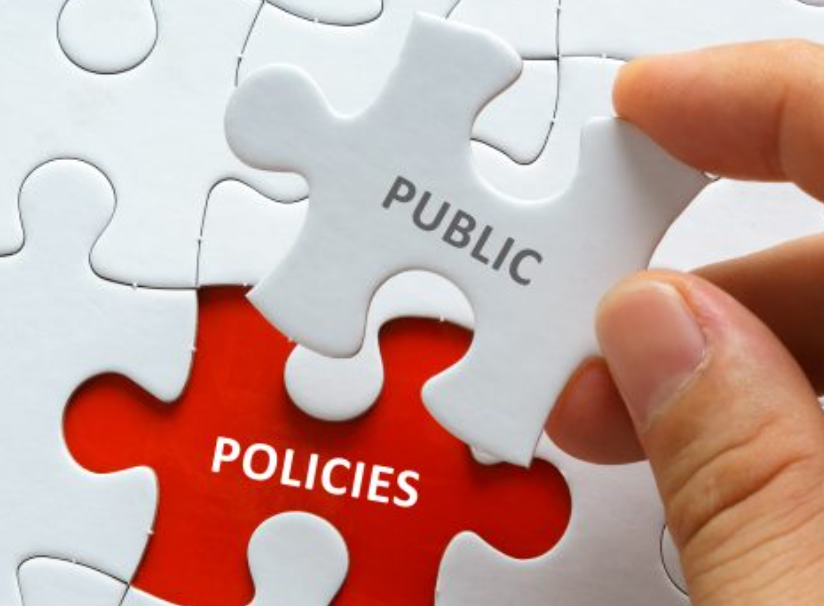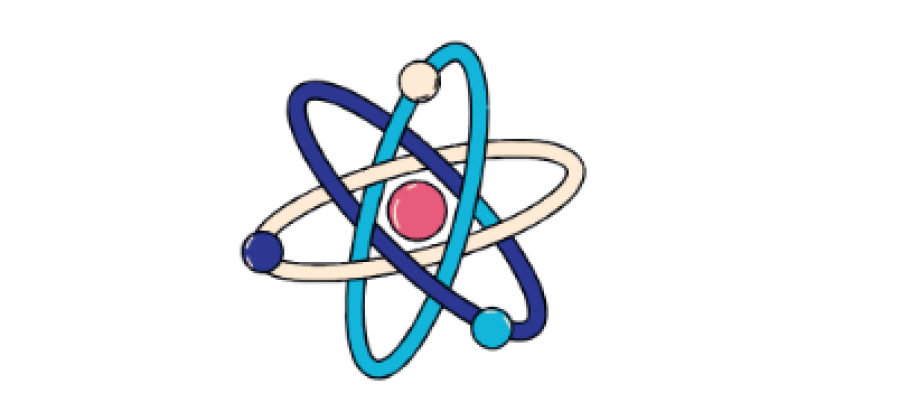
ABSTRACT: The study of policy instruments is geared to the [re]construction of final relations, being a species of the genus causal relations. To put it differently, goal-attainment is considered to be the dependent variable while instruments are seen as one of the independent variables. It should be underscored though that a policy theory does not reflect a scientific theory in the traditional sense of a universal law that has been put to an empirical test. The external validity of the findings is pretty low. A policy theory provides guidelines for action and is, as such, ideographic rather than nomologic in nature. Being utilization-focused, a policy theory should meet both academic and practical standards criteria. As they often conflict, a policy theory is often the outcome of a trade-off and consequently sub-optimal in nature. The quality of a policy theory – coherence, reliability, validity – is an important source of a policy fiasco.
Keywords: Policy Study; National Policy; International Policy
